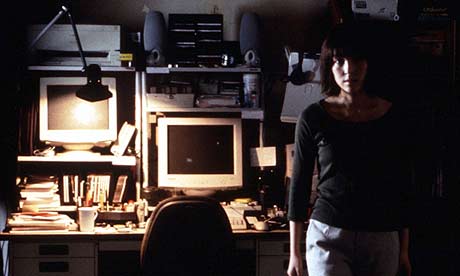I have been making use of this blog lately a) as a way of remembering what I have been trying to read and b) in the pure act of doing it as a way to convince myself, though the production of organized words, that my brain has not been paralyzed by the longueurs of withdrawal, or, as if, adrift in a windless Sargasso Sea. Water! Water! Everywhere, and not a drop to drink!
I think that for me at least the blows of age to my brain will be worse than the limitations it imposes on the body. Well, maybe that’s a toss up, and it’s a toss up too, in any case, as to whether or not the withdrawal has beaten my brain down to nothing (aside from these self imposed moments of making an appointment with it).
Yesterday I was trying to read something and found myself on the verge of tears at not being able to make heads or tails of it. I would look at the chain of words, try to concentrate, and then I would lose it. But I was reading words like this:
To bind education to its own unthought, to make a case for the idea that something within education resists thinking, that there is something about education that one knows nothing about, may seem counter intuitive to the project of education since ostensibly education is a deliberation, a judgment, and oddly a result of itself. Yet as both experience and institution, as training ground and as learning life, and as natality and its repression, people who are undergoing education as they are directing others in their learning rarely think the thought of education. (Britzman, The Very Thought of Education)
Maybe something as prolix as this is reason enough to be on the verge of tears both for what I don’t and do understand of it.




